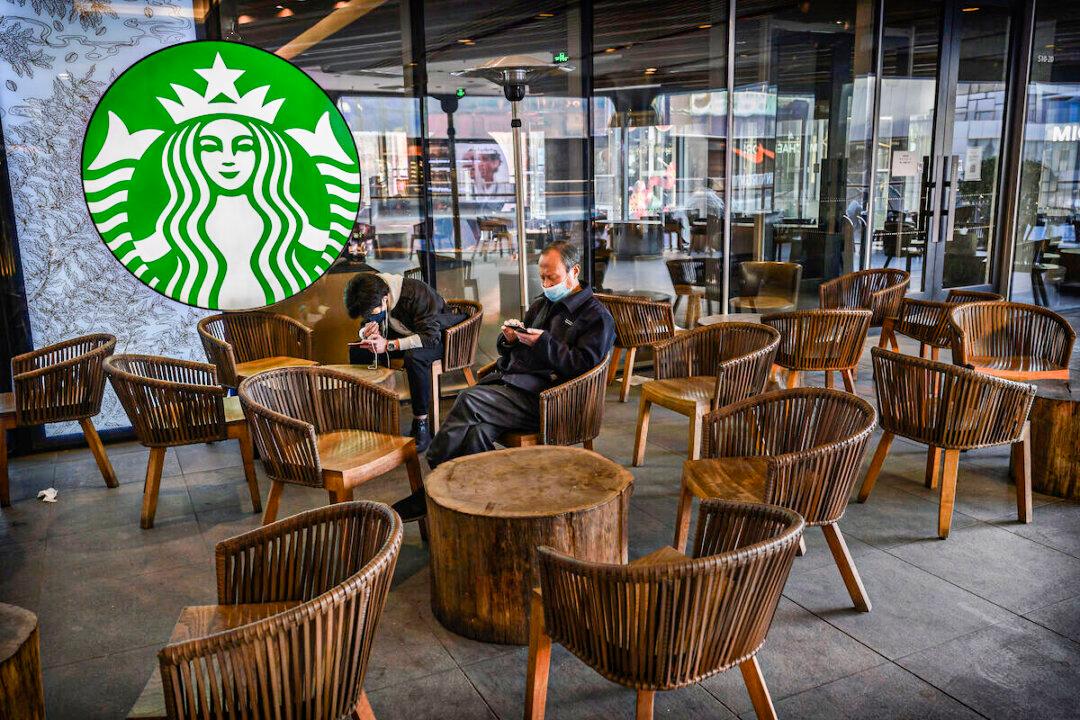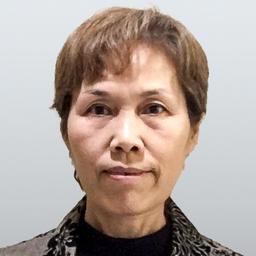A Starbucks coffeehouse in the southern city of Shenzhen was accused of having a live cockroach in one of its takeaway drinks on March 12, adding another public relations challenge for the U.S. coffee chain giant in China this year.
The alleged-cockroach find pushed Starbucks to the top of the search list on Weibo, China’s leading social media platform after a customer posted a video of a live cockroach in a partly consumed Starbucks drink.





